Men weary as much of not doing the things they want to do as of doing the things they do not want to do
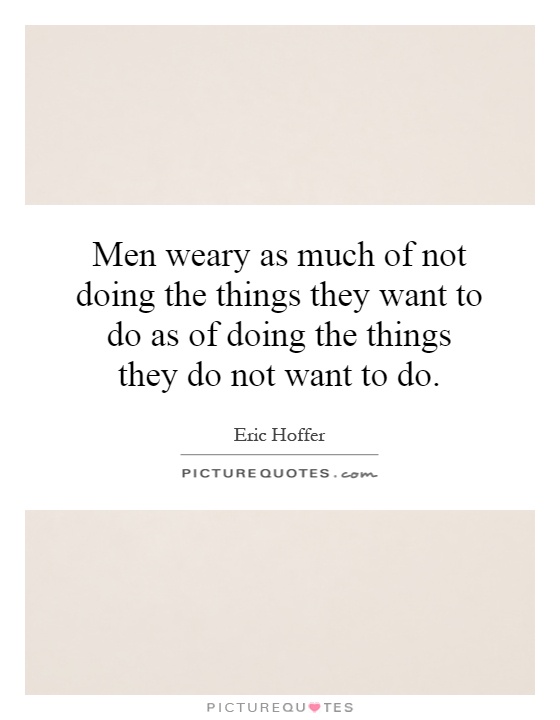
Men weary as much of not doing the things they want to do as of doing the things they do not want to do
Eric Hoffer, a renowned American philosopher and author, once said, "Men weary as much of not doing the things they want to do as of doing the things they do not want to do." This statement encapsulates the essence of human nature and the eternal struggle between desire and duty.Hoffer's words suggest that individuals experience a sense of dissatisfaction and weariness when they are unable to pursue their passions and desires. This feeling of restlessness stems from the innate human desire for autonomy and self-expression. When individuals are constrained by external obligations or societal expectations, they often feel stifled and unfulfilled. This can lead to a sense of frustration and disillusionment, as they yearn for the freedom to pursue their true interests and aspirations.
On the other hand, Hoffer also acknowledges that individuals can become weary of engaging in activities that do not align with their values or desires. This could refer to tasks that are mundane, repetitive, or unfulfilling. When individuals are forced to engage in activities that do not resonate with their inner selves, they can experience a sense of ennui and disconnection. This can lead to feelings of apathy, resentment, and a lack of motivation.
Hoffer's statement highlights the delicate balance between duty and desire in the human experience. While individuals have a responsibility to fulfill their obligations and commitments, they also have a fundamental need to pursue their passions and dreams. When this balance is disrupted, individuals can experience a profound sense of discontent and restlessness.





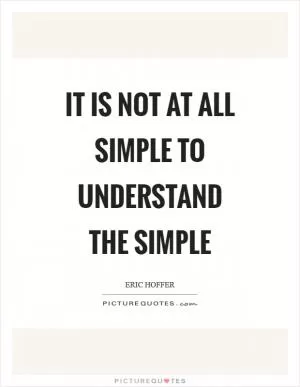
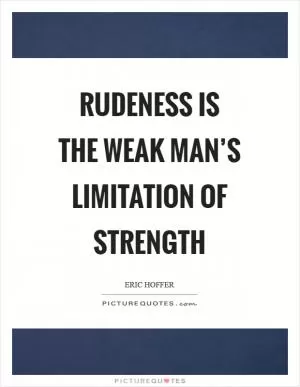

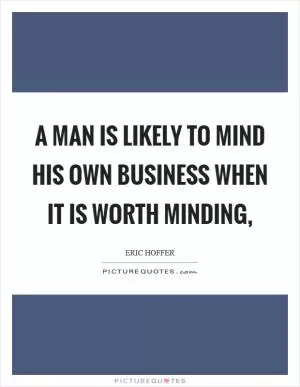
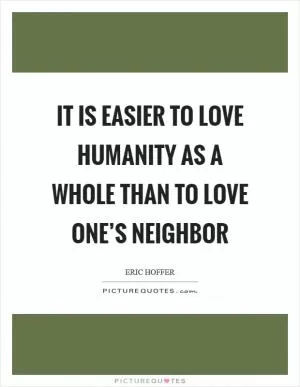


 Friendship Quotes
Friendship Quotes Love Quotes
Love Quotes Life Quotes
Life Quotes Funny Quotes
Funny Quotes Motivational Quotes
Motivational Quotes Inspirational Quotes
Inspirational Quotes